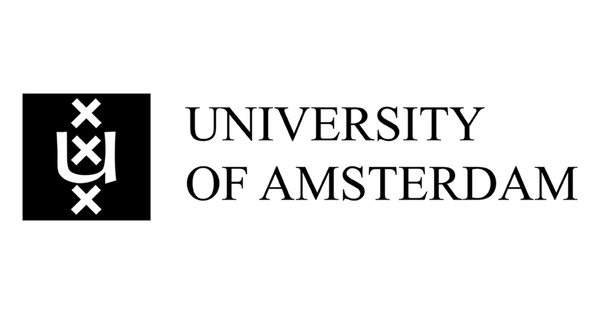The master’s programme in Computational Science takes two years to complete. You will follow a compulsory core and you will also be given the flexibility to specialise and create your own profile.
The programme has three types of courses:
- Compulsory core courses reflect the central body of knowledge in Computational Science such as modelling, simulation, and computing. Four courses are compulsory for all students in the programme.
- Restricted-choice elective courses allow you to either deepen your knowledge on core topics or to broaden your scope.
- Free-choice elective courses give you the freedom to select courses in the different application domains. These are an ideal way for you to expand your knowledge in an application domain in which you would like to conduct your master’s thesis project.
Specialise in one or more domains
Not only will you develop knowledge of the core concepts of Computational Science, but you can also specialise in one or more of the application domains, such as:
- Computational Science Core
- Computational Finance / Economics
- Computational Biology
- Computational Biomedicine
- Computational Chemistry and Physics
- High Performance Computing
- Computational Social Choice
- Scientific Computing / Numerical Math
- Complex Systems
These application domains are not official specialisation tracks that will appear on your diploma, but they areas in which you can specialise through your selection of courses, projects and research topics.
You can also choose to compile your own personalised curriculum, as long as it is approved by the Examinations Board.
For more information, see the UvA Course Catalogue.
The start date of this programme is September 1st.

